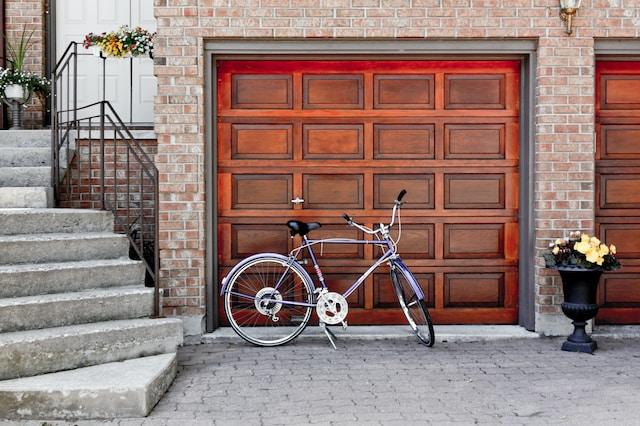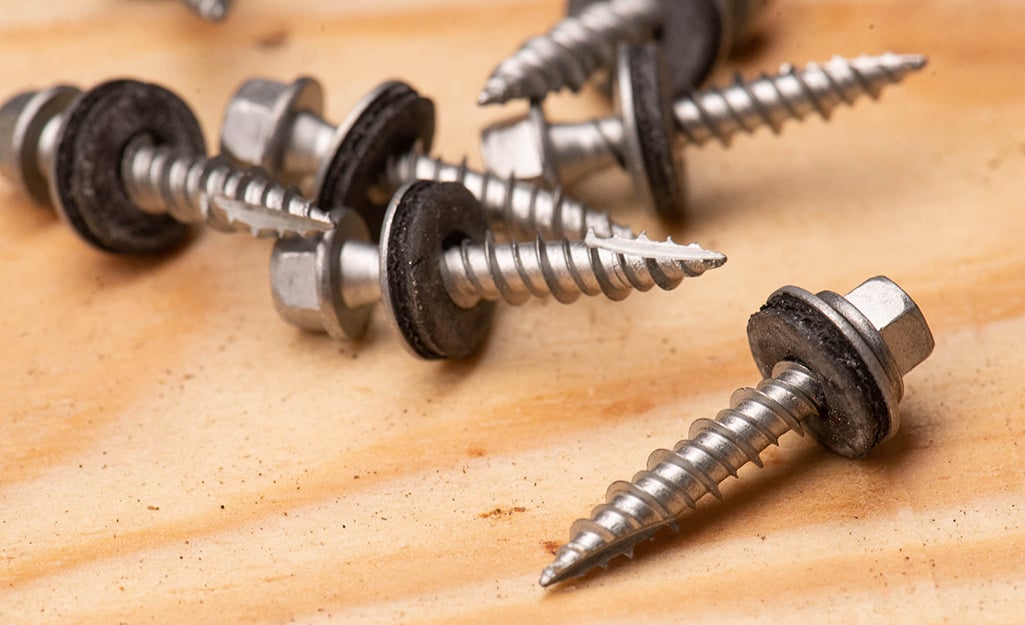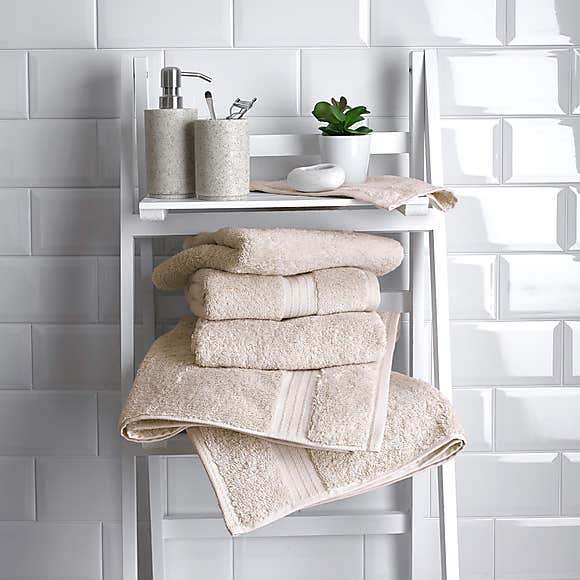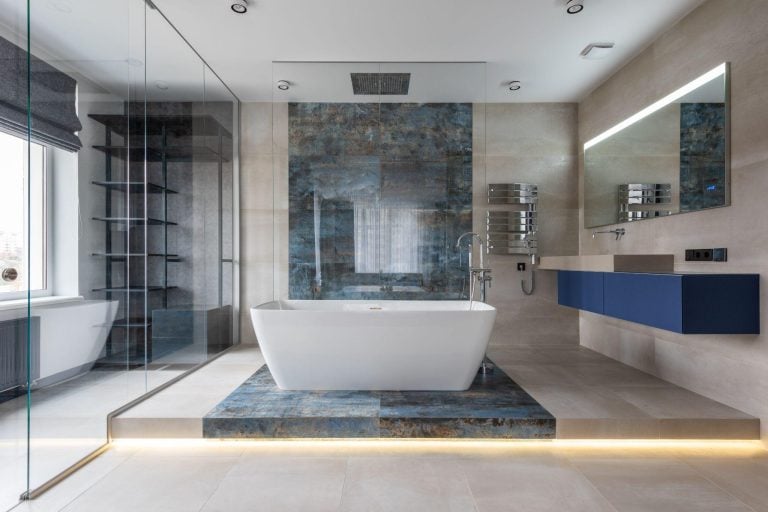Do I Really Need a Garage?

Table of Contents
Buying a house is a big decision. The entire process forces you to separate what you think you want from what you really want. Do you want a place with a nice yard or one closer to school? Homeownership has far-reaching implications, so keep your emotions in check and make rational decisions whenever possible. For many, a garage is a must. Not only does it provide protection from the harsh weather, but it also gives you a space where you can perform general maintenance undisturbed. Choosing a house without a garage is a mistake that will haunt you throughout your home’s ownership.
Over Half of The UK’s Garages Are Used for Other Purposes
A garage can be an essential part of your home if you have a vehicle. As mentioned earlier, the car is protected from the elements, so its bodywork won’t be damaged by rain, snow, or the sun’s rays. The vehicle can last longer if temperature and moisture levels inside the building are adjusted correctly. A garage provides better protection against vandalism theft, not to mention accidental damage caused by other motorists. Surprisingly, the vast majority of garages in the United Kingdom aren’t used for the purpose they were intended – i.e., parking cars. More often than not, they’re converted into storage space.
At present, the garage is an extension of the home, so it can be used for seasonal storage or projects that are too big (or too messy) for the inside of the home. No matter how big your house is, there’s always a need for more space. You can turn the garage into a gym or an office. You can turn the garage into a gym or an office if you don’t need a car parking spot. Of course, you’ll need to make some alterations, such as adding wall padding for safety and comfort. The walls can be used as a designated area for exercise equipment or a place to hang whiteboards and shelves for a functional workspace. Even with your car parked in the garage, you might be able to use some of the space for other purposes, such as a workshop or DIY space. Even if you don’t plan to use the garage, someone else might fall in love with the extra space when the time comes to sell.
Should You Make an Offer on A House That Doesn’t Have One?
So, you’ve found the home of your dreams. It’s the perfect place to unwind and make memories, but it doesn’t have a garage. If the house has lots of space around it, you can add a garage later. As a rule, outbuildings are considered permitted development, which means you don’t need planning permission to build one in your garden. If you want a double garage to have more space, you should expect to pay more. A brick garage will blend in with the rest of the landscape, so it will look as if it’s always been there.
Concrete is easy to lay and ensures a durable solution for garages. Working out how much concrete you need can be challenging, especially if it’s the first time using it for a project. If you don’t want to end up with too much or too little concrete, the experts at Titan Concrete recommend using a calculator to estimate the volume and weight of the concrete necessary to cover the area. Concrete is undoubtedly one of the most reliable materials out there. It allows you to be flexible in design while reducing energy consumption. Needless to say, you can forego construction on-site and opt for a prefab garage.
What To Consider Before Planning a Garage Addition
With a dedicated parking space, you don’t have to worry about finding a place for your car or scraping off snow and ice during wintertime. The garage can accommodate everything from sports gear to seasonal items, so you can keep your home neat and tidy. The cost of building a garage will depend on the location, the size of the addition, and the cost of materials and labour. Whether or not it’s attached to the home can also affect its price. Speaking of which, a detached garage can affect your home’s aesthetic. It offers increased privacy, reduces noise transfer, and provides more design flexibility.
When planning a garage addition, it’s also important to consider the type of doors you’ll install. Handmade steel doors can be an excellent choice for both security and style. These doors not only offer superior durability and protection but also add a unique, custom look to your garage. Additionally, the design of your garage should complement the overall architecture of your home, ensuring that it enhances rather than detracts from your property’s curb appeal. Make sure to consult with a professional to ensure that all structural and aesthetic aspects are appropriately addressed.
Before you ask a builder to start digging for a garage addition, there are a few things to consider. For example, you’ll want to think about how the garage will affect the driveway. The garage has a considerable site impact, so it should be located to maximise convenience and minimise the visual and physical impact on the landscape. Ensure property boundaries provide enough space to lay out a driveway so that it’s opportunely incorporated with the new structure. As mentioned earlier, garages are considered outbuildings, so you won’t need planning consent, but there are exceptions to the rule.
One of the best parts of home ownership is that you have the freedom to make whatever change you want to the property. Still, there are limits to what you can do. The maximum height of the eaves of any part is 2.5 metres. Also, the maximum height permitted is 4 metres with a dual-pitched roof. If you want to extend the garage on the ground floor or add a new storey on top, work out whether or not your house qualifies for permitted development. Attention needs to be paid to the fact that design guidelines are very strict, so it’s recommended to work with a professional to ensure your project hits the mark.
Concluding Thoughts
All in all, when trying to figure out whether or not to buy a home without a garage, there are several aspects to take into account, namely personal circumstances and location-specific considerations. Review the number of vehicles you own and see if you need space for other items. Your garage can most definitely become a living space. The external structure was built beforehand, so all you have to do is create the walls, flooring, and other elements. You can convert the garage into habitable accommodation in the future as your family grows or you need space to accommodate guests.
Rain doesn’t come all in one season; it can come at any time of the year. If you live in the wettest city, say, Cardiff, shelter your car since water can seep in between the bodywork and other components. Finally, yet importantly, consider the availability of off-street parking if you decide not to use the garage. This helps optimise the use of space and allows for the efficient retrieval of the vehicle.






